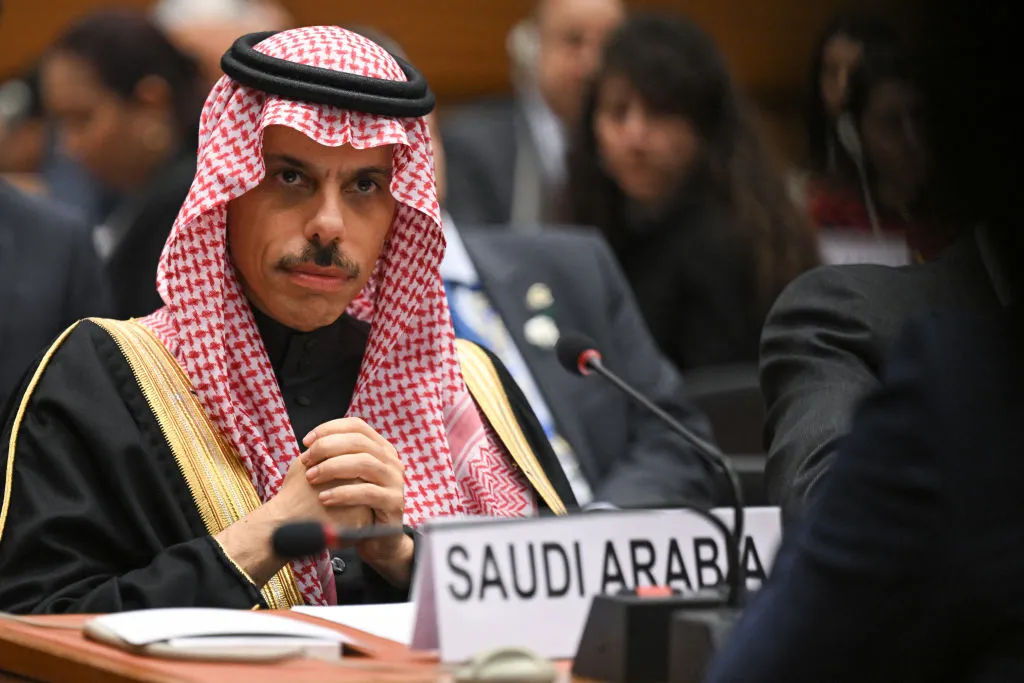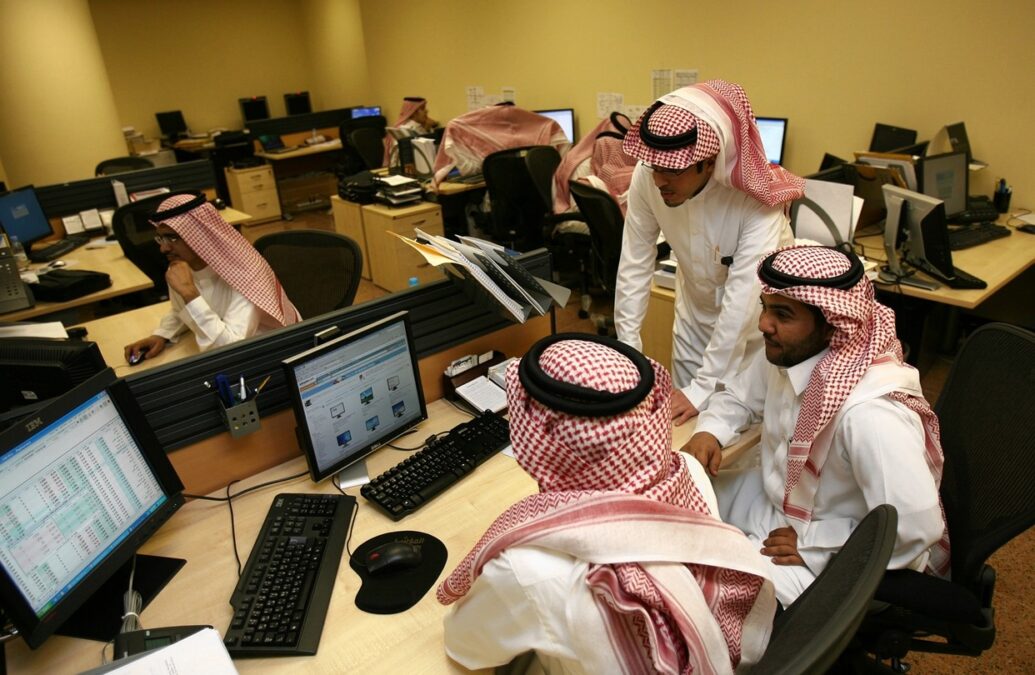World Asked by Saudi Arabia to Openly Support Palestinian State

Introduction: The Growing Call for Palestinian Support
The international community is increasingly looking to Saudi Arabia, urging the Kingdom to take a more pronounced stance in support of a Palestinian state. With rising tensions in the region and a renewed global focus on Middle Eastern politics, Saudi Arabia is facing mounting pressure from both its allies and neighbors. But why now? And what does this mean for the future of the Palestinian cause?
The Historical Context of Saudi Arabia and Palestine Relations
Saudi Arabia has long had a complex relationship with the Palestinian cause. Historically, the Kingdom has offered financial support to Palestine and backed the Arab Peace Initiative, which called for a two-state solution. However, Saudi Arabia has carefully balanced its support for Palestine with its broader regional interests.
Saudi Arabia’s Stance Over the Decades
Over the years, Saudi Arabia has often been seen as a leader in the Arab world, advocating for Palestinian rights on international platforms. However, the extent of its involvement has sometimes been questioned. While Saudi Arabia has never formally recognized Israel, its actions have often been interpreted as cautious, seeking to maintain a delicate balance between regional stability and its own national interests.
Shifting Dynamics in the Middle East
The dynamics in the Middle East have been rapidly changing, and with them, Saudi Arabia’s role. Over the past decade, the rise of new alliances, the threat of Iran’s influence, and economic interests have shifted Saudi Arabia’s foreign policy focus.
The Abraham Accords and Its Impact on Saudi-Palestine Relations
One of the most significant changes came with the Abraham Accords, which normalized relations between Israel and several Arab nations. While Saudi Arabia has yet to sign the accords, it has shown signs of warming relations with Israel, much to the dismay of Palestinian leaders. The accords have also raised questions about Saudi Arabia’s long-term commitment to the Palestinian cause.
Pressure from the Global Community
Alongside these shifts, the global community, including key Western allies, has been pushing Saudi Arabia to take a clearer stance on Palestine. The international focus on human rights and political solutions in the region is driving calls for more transparency in Saudi policy.
Why the Global Community is Pushing for Saudi Support
The pressure for Saudi Arabia to openly support Palestine isn’t just coming from the Middle East; it’s a global call. But what drives this growing insistence?
The Humanitarian Perspective
For many, the Palestinian cause is a humanitarian issue. The ongoing struggles of the Palestinian people, marked by economic hardship, displacement, and limited access to resources, have garnered international sympathy. The global community sees Saudi Arabia as a potential catalyst for change in this humanitarian crisis.
The Role of Saudi Arabia in the Muslim World
Saudi Arabia holds a special place in the Muslim world. As the custodian of the two holiest cities in Islam—Mecca and Medina—the Kingdom is often seen as a moral leader for Muslims worldwide. Supporting the Palestinian cause aligns with this leadership role, particularly since Jerusalem, a significant city in Islam, is at the heart of the Israeli-Palestinian conflict.
Global Diplomacy and Geopolitical Pressure
Beyond humanitarian reasons, there are geopolitical factors at play. Saudi Arabia’s influence extends far beyond its borders, and an official endorsement of Palestine would likely impact global diplomatic relations, particularly with Western allies like the United States, who have historically supported Israel.
Recent Developments and Saudi Arabia’s Response

As the world waits for Saudi Arabia’s next move, there have been notable developments in the Kingdom’s diplomatic engagements.
Saudi Arabia’s Recent Diplomatic Moves
In recent years, Saudi Arabia has increased its diplomatic efforts, holding talks with Palestinian leadership and reaffirming its support for a two-state solution. However, the Kingdom has also been quietly improving its unofficial ties with Israel, leading to mixed signals about its long-term stance.
Ongoing Negotiations and International Influence
Saudi Arabia’s involvement in international peace negotiations, whether through direct talks or via intermediaries, shows that the Kingdom is aware of the global pressure. The question remains: Will Saudi Arabia openly align itself with Palestine, or will it continue to play both sides?
The Role of Public Opinion in Saudi Arabia
Public opinion within Saudi Arabia could be a key factor in shaping the Kingdom’s future stance on Palestine.
How Public Opinion Could Influence Government Policy
The Saudi government is highly sensitive to public sentiment, particularly when it comes to matters of religion and foreign policy. With Palestine being a deeply emotional issue for many Saudis, a surge in public support for the Palestinian state could push the government toward a more open endorsement.
Voices of Support and Opposition Within the Kingdom
However, the population is not monolithic. While many Saudis support the Palestinian cause, others are more pragmatic, favoring stability and improved relations with Israel for economic and security reasons. Balancing these internal voices presents a challenge for the Saudi government.
The Potential Impact of Saudi Arabia’s Support on the Palestinian Cause
If Saudi Arabia were to openly support Palestine, the effects could be profound.
Strengthening the Palestinian State’s Global Position
Saudi Arabia’s backing would elevate the Palestinian cause on the world stage, offering stronger political leverage in international forums like the United Nations. This could lead to more robust negotiations for a Palestinian state.
Impact on Israel-Palestine Relations
Saudi Arabia’s involvement would also alter the dynamic between Israel and Palestine. Open support from a major regional power could bring Israel back to the negotiating table, although it might also strain Saudi-Israeli relations.
Implications for the Broader Middle East Peace Process
Beyond the Israel-Palestine conflict, Saudi support could shift the broader Middle East peace process. It could either unite Arab nations around a renewed push for Palestinian statehood or further complicate existing alliances and rivalries.
Challenges Saudi Arabia Faces in Openly Supporting Palestine
Despite the potential benefits, there are significant challenges Saudi Arabia must consider before fully committing to Palestine.
Diplomatic Risks with Western Allies
One of the biggest risks is the potential fallout with Western allies, particularly the United States. While the US has supported a two-state solution, its strong alliance with Israel could complicate relations with Saudi Arabia if the Kingdom openly backs Palestine.
Economic Considerations and Trade Relationships
Saudi Arabia’s economic relationships, particularly with Western nations and Israel, are another factor. Openly supporting Palestine could jeopardize trade deals and foreign investments that are crucial to the Kingdom’s Vision 2030 economic reform plan.
Internal and Regional Stability Concerns
Lastly, Saudi Arabia must consider its own internal stability. Open support for Palestine could stir tensions within the Kingdom and its neighboring Gulf states, some of which have normalized relations with Israel through the Abraham Accords.
Conclusion: The Road Ahead for Saudi Arabia and Palestine
As global pressure mounts, Saudi Arabia faces a pivotal decision. While openly supporting Palestine could strengthen its role as a leader in the Muslim world, it also risks alienating key allies and destabilizing regional relations. The road ahead is fraught with challenges, but the outcome could reshape the future of the Middle East and the Palestinian cause.



